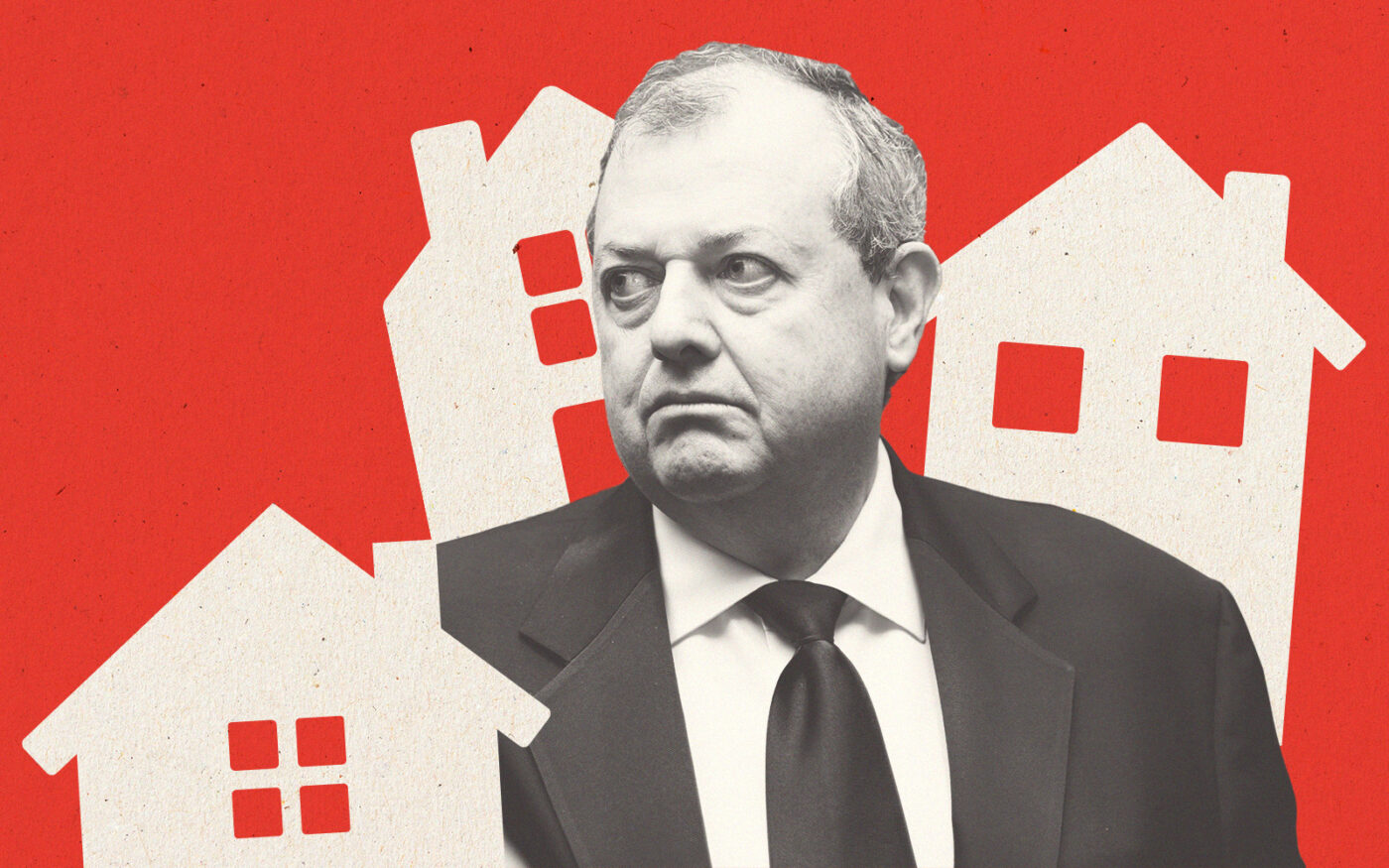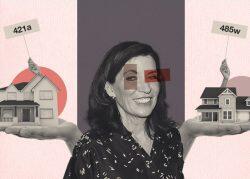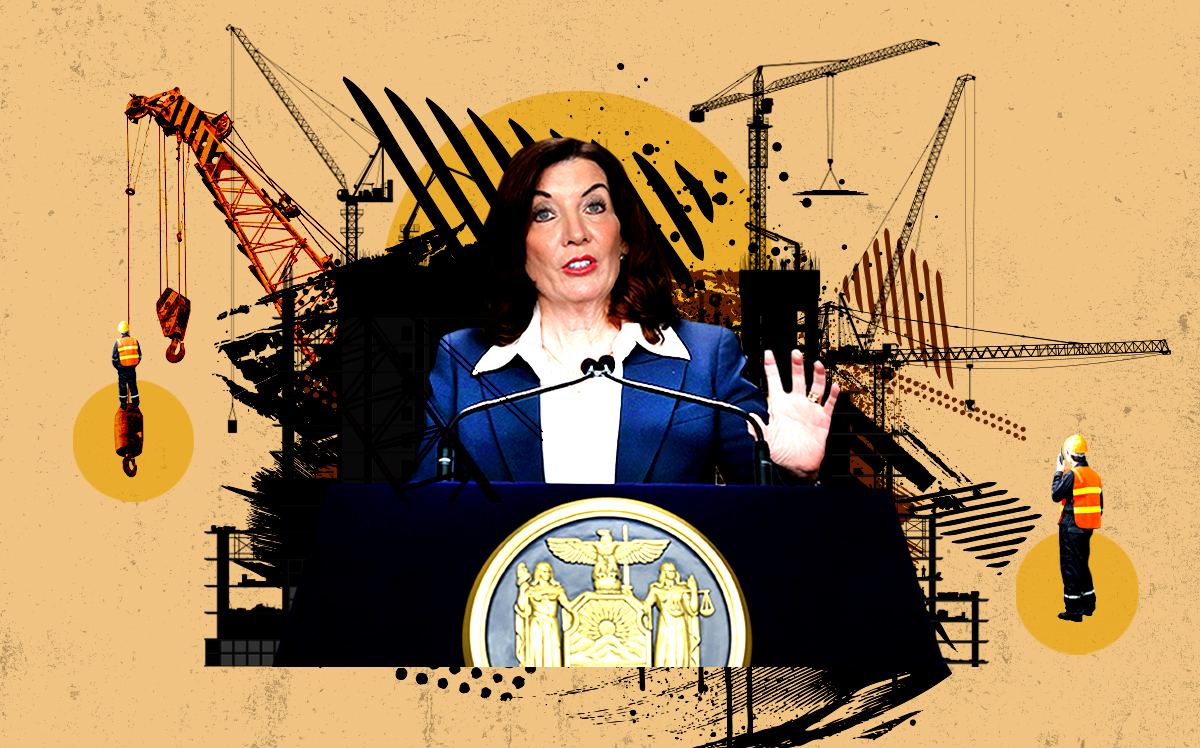 Hochul proposes new 421a replacement, extension
Hochul proposes new 421a replacement, extension
Trending
Developers filed for fewer than 10K units last year
Total of 9K falls short of housing application benchmarks: REBNY

In the year after Mayor Eric Adams announced a moonshot goal of 500,000 new homes in a decade, developers filed for less than a fifth of the intended benchmark.
There were 9,909 housing units proposed in the city last year, according to a monthly report by the Real Estate Board of New York analyzing applications submitted to the Department of Buildings.
The total number units not only fell short of the city and state’s objectives, but also came in well under the annual average for the city for the decades preceding the pandemic. The years between 2000 to 2020 each produced an average of roughly 20,000 units.
December was a particularly cold month for building applications in the city, with only 25 filings. Though it saw an improvement over November, the month notched fewer than half of the monthly average from 2022.
The two dozen filings last month accounted for a total of 506 proposed housing units. Only one project all month boasted at least 100 units, a supportive housing project on White Plains Road in the East Bronx; there were 28 filings in 2023 featuring at least 100 units, down 78 percent year-over-year.
For its part, REBNY blamed the expiration of the 421a tax abatement, which lapsed in June 2022. Since then, developers have found it more difficult for projects to pencil out without a sufficient replacement for the incentive.
“Hopefully this is the year that State lawmakers take steps to reverse this trend with sensible, data-driven housing policies,” REBNY senior vice president Zachary Steinberg said in a statement.
Those policies are being floated. Gov. Kathy Hochul this week unveiled her State of the State agenda, which was long expected to propose a replacement for 421a and an extension of the completion deadline put out for the since-expired exemption.
Hochul has struggled to get her proposals over the line. In 2022, 485w failed to gain traction. Last year, the governor pitched a four-year extension to the June 2026 deadline for the completion of 421a projects, which failed to pass.
Hochul’s agenda includes seeking the state legislature to allow New York City to offer a rental construction tax abatement, which would give the city more power to shape the law. But it would likely have to include requirements for affordable housing and wage standards for service and construction workers.
Read more
 Hochul proposes new 421a replacement, extension
Hochul proposes new 421a replacement, extension
 New name, same basic idea: Hochul pitches 421a reform
New name, same basic idea: Hochul pitches 421a reform
 Hochul: Extend the 421a deadline for construction
Hochul: Extend the 421a deadline for construction




